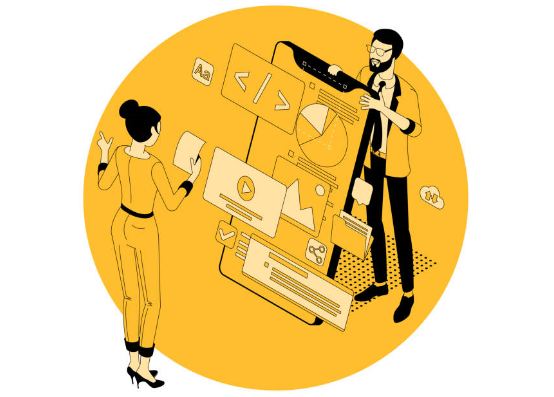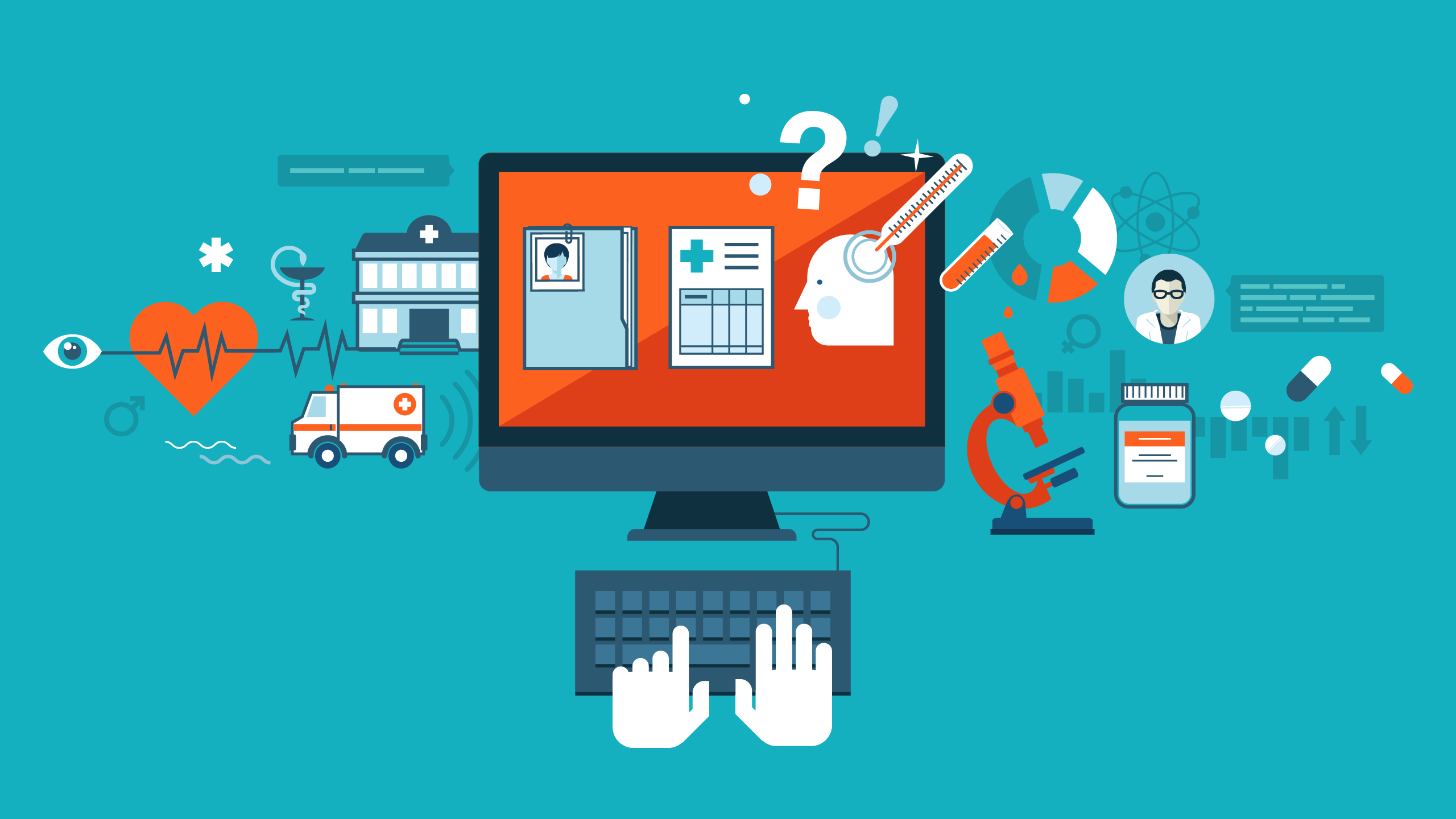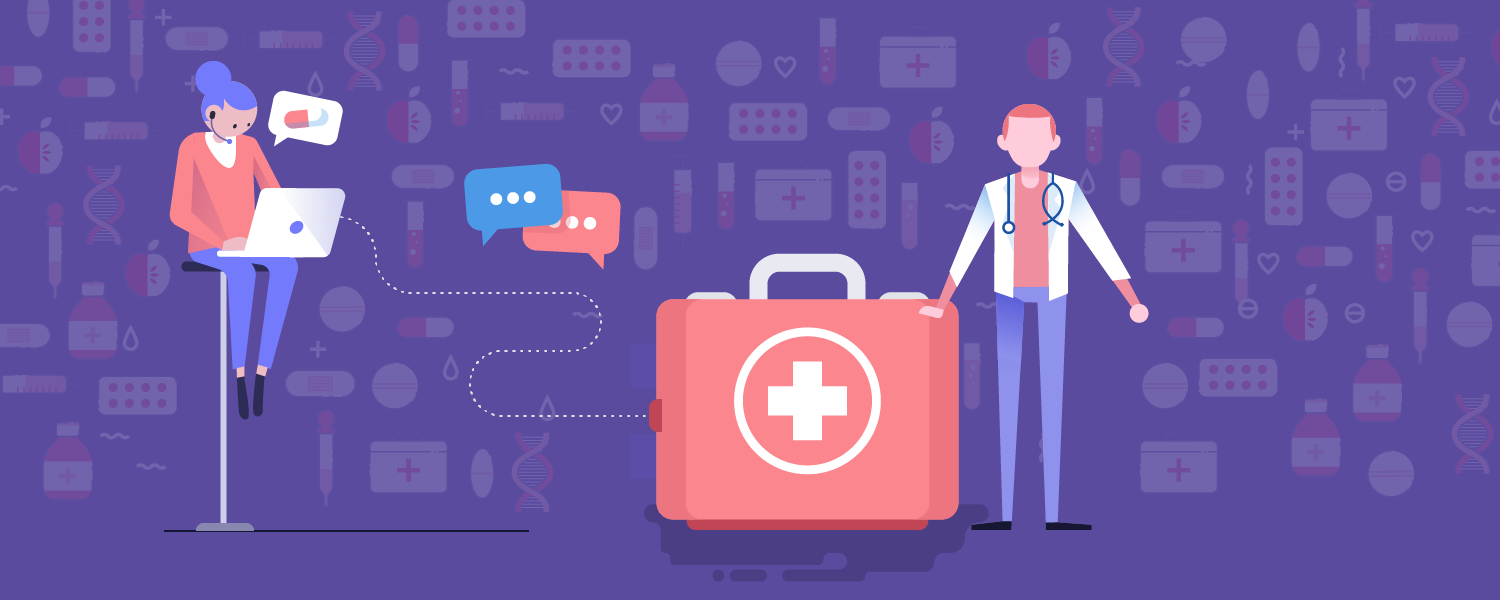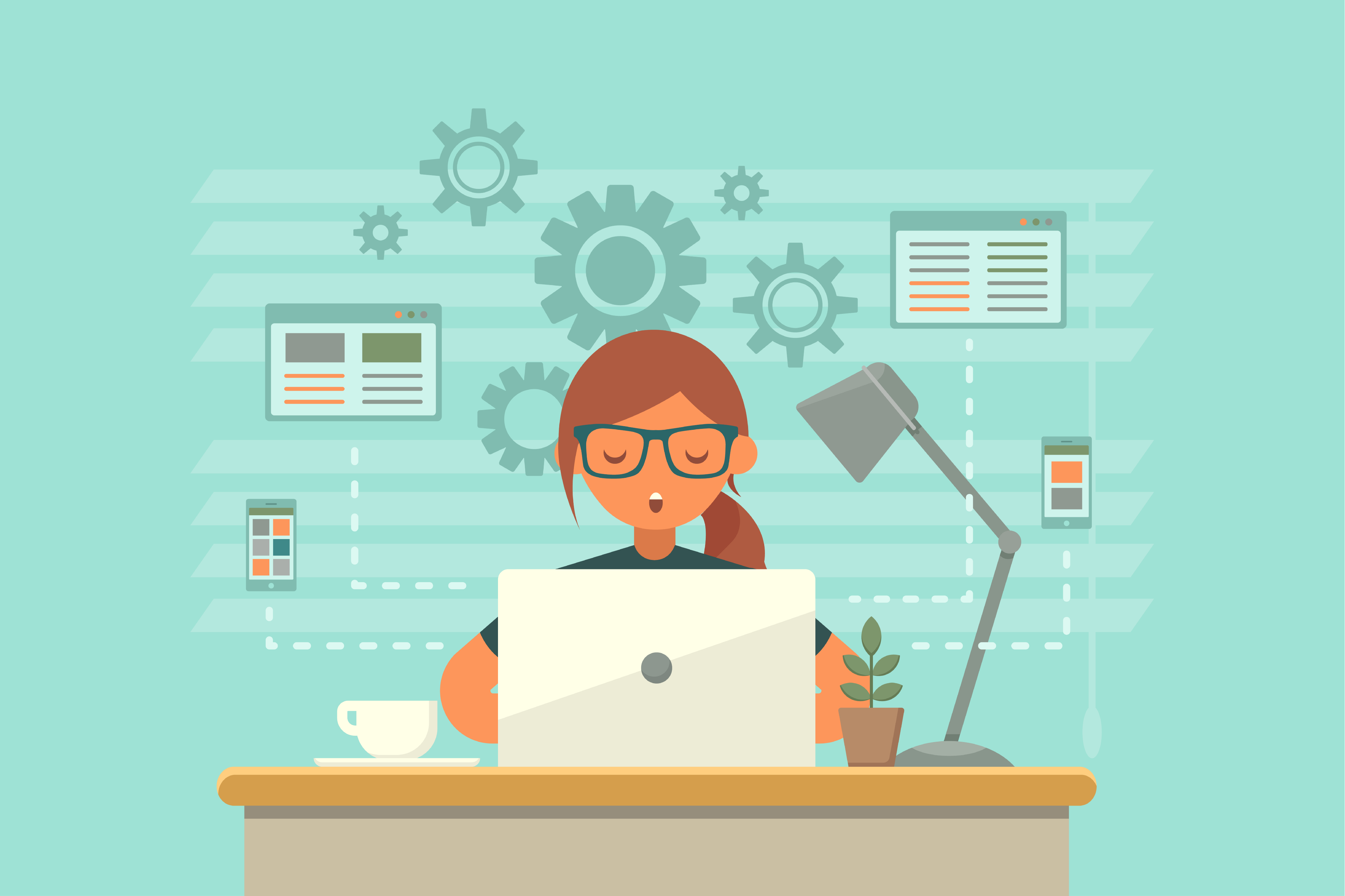Sign Up for Our
Updates
Hi, my name is Zacharia, and I'm now one month into my path of User Experience (UX) design with Alphalake Ai.
From the perspective of somebody new to the industry, it has been a month full of new insights and understandings of the field that may not be perceived from the outside. These insights have provided a new perspective for myself and a firm grasp of the impacts that UX can have, for better or worse, particularly when looking within the healthcare sector, the forefront of our health no matter which country or perspective you look at it from!
My Interest in UX

Having been passionate about psychology and behaviour for as long as I can remember, naturally, I felt drawn to fields that make use of it. I found myself in the perfect position to apply this within UX, which integrates not only the study and mapping of interaction and behaviour, but also the creative side in which I have always endeavoured to improve since I was young, from a variety of art to an array of writing ventures, and being able to apply these skills to further the use of technology for good adds a great deal to my drive for it all!
My Experience with UX

To myself and many others, bad user experience is synonymous with the internet, especially having lived through its infancy & simultaneously the greatest era of its existence, thanks primarily to CERN's creation of the World Wide Web. Though, we can't give only gratitude to the team working at CERN (A European organisation for research), because with the world becoming connected in a way it hadn't seen before, we were also exposed to bad design, not just a handful of it!
Sites that map out healthcare worse than a maze and ones with colour palettes that are the opposite of intuitive only scratches the surface of problematic user experiences. These problems weren't left completely behind in the 2000s.
Even though, for the most part, browsing through apps & websites is easy enough now, in some places, the experience leaves a lot left to be desired, whether in the navigation or the intuitiveness of the design. Even from a newcomer's perspective, it's clear that this issue infects some of our most important sectors, notably healthcare.
For such a sector in which safety and even lives are on the clock, having to spend time running through a rat maze of user experience shouldn't be a problem, but in many places, it still is. With the advent of COVID-19, this problem became apparent, with a shift occurring that evolved how we interact with each other not just through direct conversation but also in passing. The prime development point of this change was digitalisation.
Seeing this massive evolution unfold in such a short time period is something I think is overlooked by most, as usually the changes that occurred during the time we challenged COVID would take far longer to begin tackling, and that oversight is something that needs to be noticed in order to pinpoint the problems that existed pre-covid and still persist today.
What can UX do for Healthcare?

Personally, when I go onto an app or website, I want to get to the crux of the information as soon as possible, if not instantly, and I think that sentiment carries over to the majority of others who have spent any amount of time reading any sort of information, online or not, and that's where I believe user experience is the most important within healthcare.
Being unable to quickly and accurately find information relevant to professionals' needs saves time for them. It allows a clearer, glanceable picture of patients details, diagnoses and anything else important, enabling more accurate delivery of healthcare. If minor human errors could be negated through the simplification and consolidation of information and user journeys, many accidents, even deaths, could be eliminated.
Poor design isn't just an inconvenience for the healthcare sector; it's a pitfall that can result in unwarranted and avoidable tragedy.
The Future of UX
Technology stands at the forefront of the world's environment today, and it's important to prime it for good to assist our growth as a society, and user experience goes hand in hand with this evolution.
A significant number of innovations will be introduced to us, as they have in the past. New trends ranging from Artificial Intelligence to wearables will become staples in our lives, possibly in ways we can't predict right now or in ways subtle to the unassuming onlooker. Still, until then, it's crucial to pioneer the change.
Without a shift in how we interact with our surroundings, there is a limit to our advancement. We can take many steps forward through the streamlining, simplification, and innovation of how healthcare professionals interact with patients.




.png)

